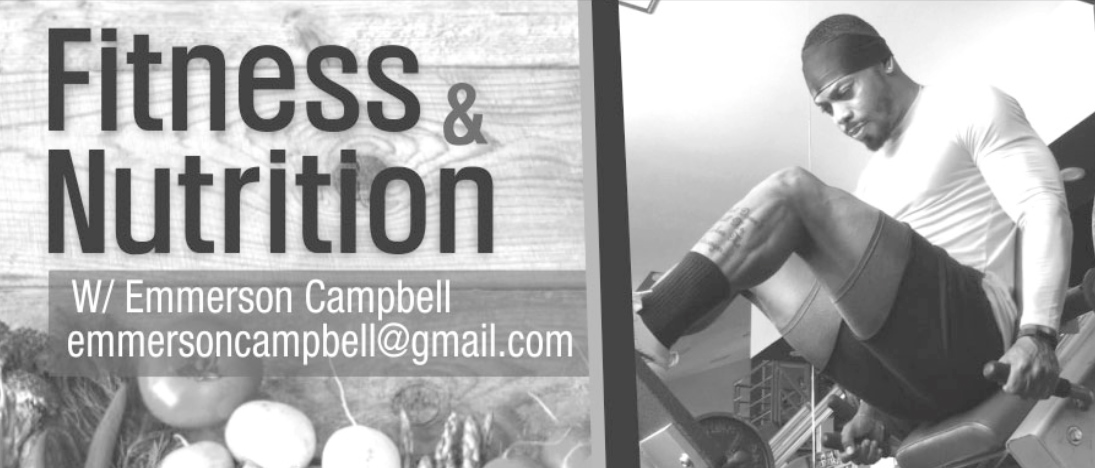I was talking to my cousin over the weekend and he was complaining that he simply does not have the time to work out due to his job since he works quite a lot. While this is true, it is also a fact that he is 24 years old and single with no children.
So I told him this: “Take away 90% of the free time you have now and that’s what it’s like when you have a young child or a girlfriend, that is when you don’t have time. All you have is time right now. Prioritize the stuff you want and need to do and don’t sweat everything else.”
Now how can this nugget of advice help you build muscle? Prioritize the stuff you need to do and don’t sweat the small stuff. And by stuff you need to do, I mean your big compound lifts.
These are the big lifts like your squat, deadlift, barbell bench, barbell shoulder press, pull ups and bent over rows which work the most muscles. Since you’re using heavier weights more muscles have to work so you can ease up on doing isolation exercises. This is a huge time saver.
Here are some of the benefits of compound exercises like the squat, deadlift, pull-up, and pressing movements:
Time efficient: Compound exercises save time from having to complete individual exercises for each muscle group.
Higher muscle fibre recruitment: Utilizing free weights and heavy weights enable you to recruit more type two muscle fibres.
Higher calorie burn: The more muscle groups used in a weightlifting exercise the more energy needed.
Muscle and strength gain: There is higher potential of muscle growth and strength when using a heavier load.
Avoid building imbalances: Isolation exercises can create imbalances through unilateral training. Compound training uses mainly bilateral movements.
Improved resting heart rate: Compound exercises involve many muscles and joints so much that an increase in heart rate provides a cardio benefit.
Better flexibility: Compound exercises mimic real-life movements. Think of it as stretching with extra weight. They help improve range of motion.
Each week try adding a little more weight or another rep to what you did the previous week.
You’re hitting the muscle groups multiple times a week and adding in progressive overload each week. That is the recipe for muscle building.
Don’t worry about how much time you should be spending in the gym, focus on the quality of the programme and your lifting form. The muscle will come.






